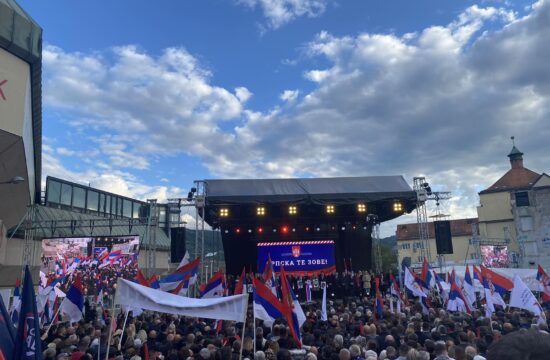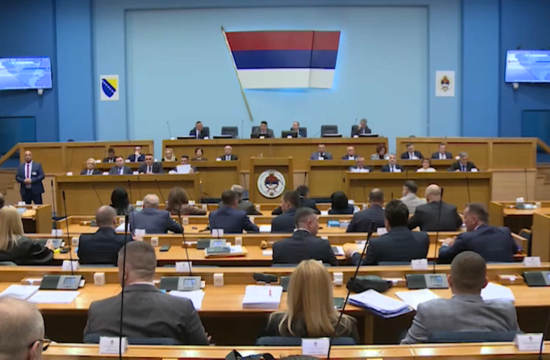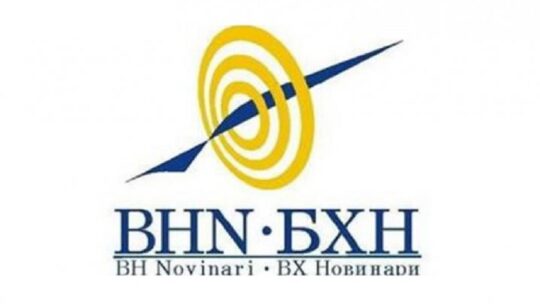
The Head of the EU Delegation in BiH, Johann Sattler, told N1 that he saw the country make significant progress on several fronts in the past 15 months since he came to Bosnia, but on some it made none, pointing out “the rule of law and the fight against corruption.”
“I think this country not only can do better, it must do better,” said the Austrian diplomat who since September 2019 serves as the EU Ambassador to Bosnia and Herzegovina.
Changes are a matter of urgency for the younger generations and “they are impatient,” he said, adding that young people compare their lives in BiH to what life looks like in Vienna or Hamburg.
“We are losing people here, we are losing 30-40 thousand people every year. This country is emptying out and this needs to stop,” he stressed.
Apart from politicians realizing the urgency of changes, citizens themselves can do more than just vote in elections, he said. They need to get involved, find their cause, he proposed.
“You must get off from behind your screen or your cell phone and become active and voice your concerns and be a force for change in this country,” he said, adding that the EU will continue to be there to help the citizens of BiH.
“But without this stronger involvement of people, of citizens, going out there, finding their cause and helping us, we will not make the progress we want to make,” he stressed.
Sattler said that he senses that there is a little bit more of an interest in engaging in such processes among citizens now, mentioning that some 35,000 people joined a recent online conference on the rule of law.
“That gives me hope that there are people out there willing to get engaged,” he said.
A burning issue, he said, was people’s lack of trust in judicial institutions. About 70 percent of citizens have expressed dissatisfaction with the judiciary, he noted.
The country needs “amendments to the law that allow for integrity checks of the highest office holders” in Bosnia’s top judicial institution, the High Judicial and Prosecutorial Council (HJPC), as the first step in order for people to start trusting the judiciary again, he said.
He argued that the judicial reform needs a “radical” approach and a change in the “judicial culture”.
“There will be no discounts when it comes to the rule of law,” Sattler said.
As for the loopholes created by the imperfect Dayton Peace Agreement that ended Bosnia’s war in 1995, Sattler said that the EU integration path is the best way to correct some of the anomalies of the Dayton system, such as the blocking mechanisms.
“Part of the problem here is a lack of functionality and this is to a large extent because you can block each other along the way,” he said.
He compared the birth of the EU with the reconstruction of Bosnia and Herzegovina because it was also built on “the ruins of WWII.”
Only five years after the war in which 50 million people were killed, Germany and France started their economic cooperation and their reconciliation process, he said.
“We need to see something similar here in BiH. And we see it, when we go outside, every day 100 good projects happen, when representatives of communities reach out to the other side,” Sattler said.
The EU representative praised the fact that the southern city of Mostar will hold elections on Sunday after 12 years and called the event a “feast for democracy.”
“This is what this city needs, but equally important is the next day, the next week, the next month, so that people see a change,” he said, reminding of the problems that piled up in the city over the past decade, such as potholes, the sewage system and garbage recycling.




